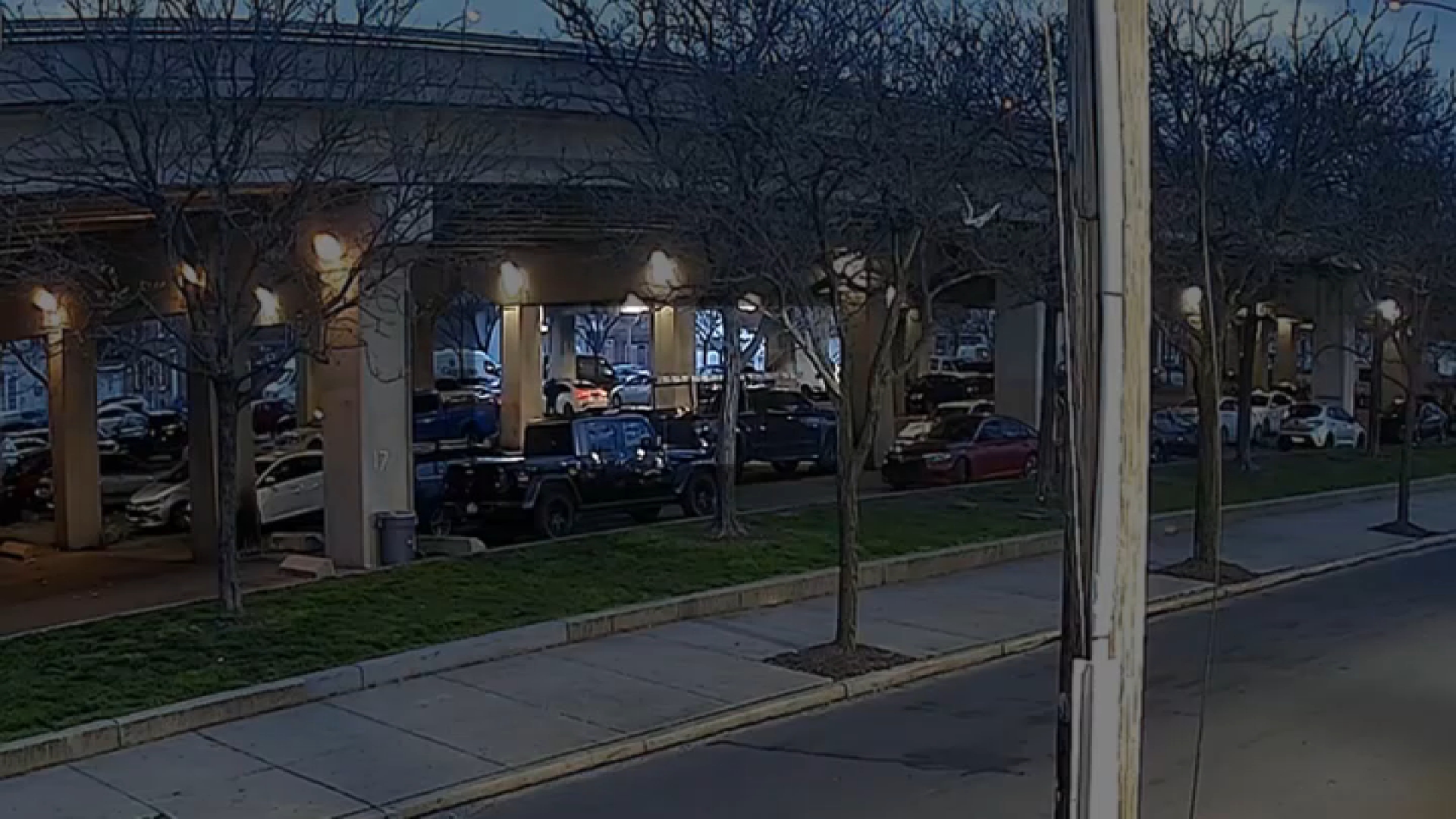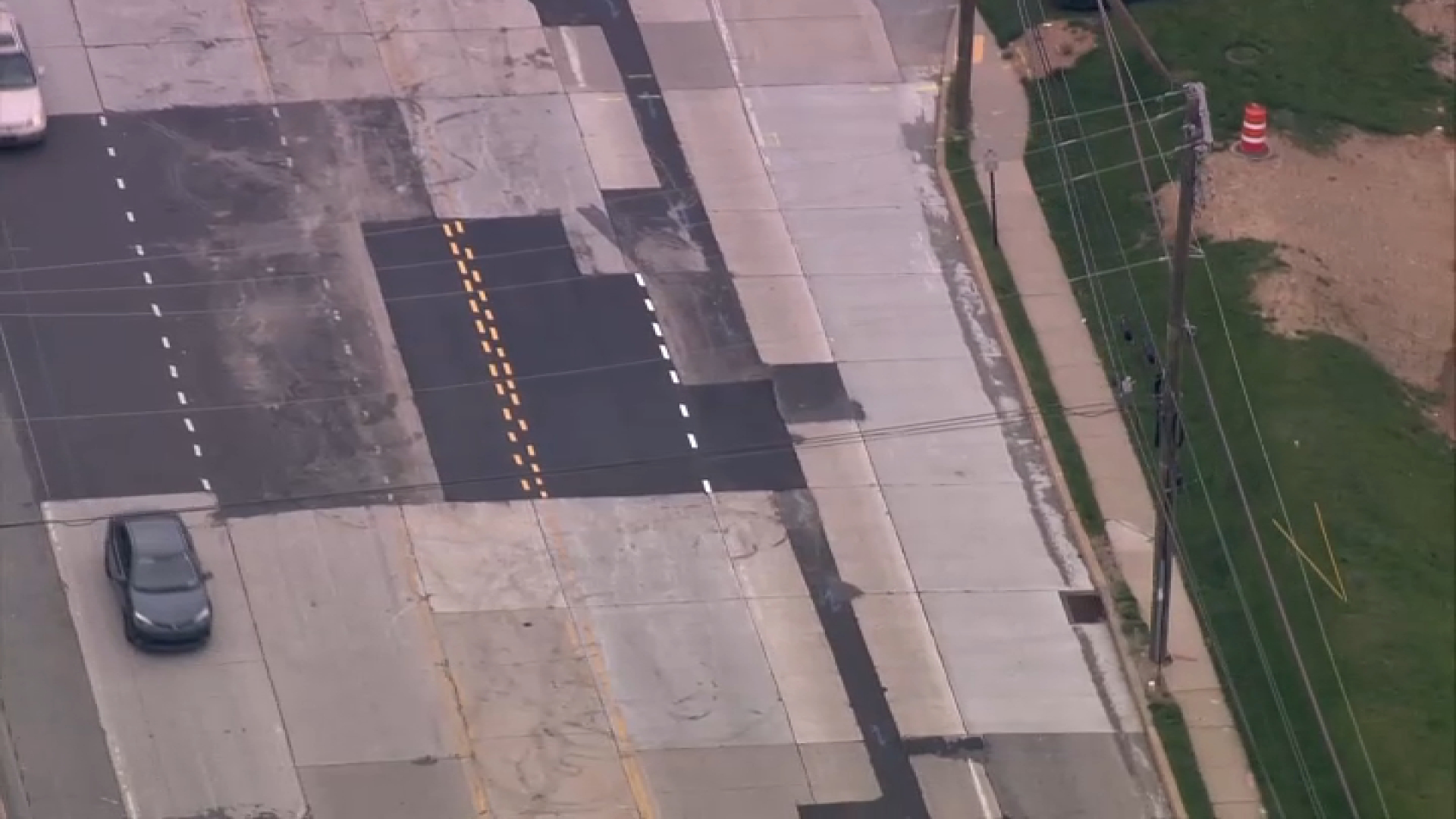The recent onslaught of snow and ice storms have led to traffic snarls, power outages and lots of snow days. According to the Insurance Adjustment Bureau (IAB) -- a local firm of public adjusters -- the winter weather has also led to an unprecedented increase in property damage claims.
IAB assists property owners with understanding their rights under their insurance policies, and provides guidance to property owners filing claims for damages occurring at their home or business.
According to the IAB website, the freeze-thaw cycles of snow and ice can lead to damaged roofs, walls, gutters, ceilings, floors and furniture. We spoke to IAB President Ira Straff to get insight into the property damage claim process, and how you can be prepared if you experience winter weather related damage in your home or business.
Why do you think you've seen such a high increase in property damage claims?
The first round of the storm claims that the region has been experiencing has been because of the freeze and the thawing of pipes. With the ice storm, we've seen power outages, so we have people whose houses have been sitting with no heat in them, we've seen trees falling on houses, and ice damming; all of these problems are happening all at once. So, there has been a tremendous influx of claims. For people who have insurance policies, whether it be on their home or business, we've seen almost a 100-percent increase in claims. It's all related to the sub-freezing weather.
Is there anything residents can do to prepare for, or prevent property damage?
People really can't prepare for this kind of situation. It's such a sudden event. People just didn't expect that we would have this extended time of freezing weather. But people can prevent some damages by making sure their drains are clear, making sure their trees are trimmed up, getting debris removed from their gutters, making sure that heating systems are operational, and that they have a back-up plan in the event of a loss of power.
Local
Breaking news and the stories that matter to your neighborhood.
What steps should a person take if they experience property damage?
Stop the damage
The first thing they should do is try to stop the water from coming in or try to stop the damage as soon as it's recognized; find someone to remove the tree if you have a fallen tree; get the object off of the roof; take pictures of the damage on the property; and try to move valuable items out of the way to limit further damage.
Hire an adjuster
You also want to hire an adjuster who would be able to examine your policy. All policies are not created equal, so it's very important that your claim is reported properly. For example, floods are often not covered by a policy. So, when a homeowner sees water coming in from melted snow they may say they have a flood, but the insurance company will say that is not covered. So, it's very important that the cause of the damages is properly reported to the agents. We investigate and represent policy holders to make sure that they receive all the benefits under the policy. There is a lot of fine print in an insurance policy and most people don't understand the policy and don't know what is covered.
Document the evidence
Another thing that the insured party should do is not throw away the evidence. People throw carpeting and objects that have been inundated with water in the trash; they're very quick to clean up and get rid of crucial evidence. Then, when the time comes that they have to demonstrate the evidence of the damages, there's nothing left. Don't discard it; put it to the side if you can. Usually, if you contact a public adjuster like ours, we have remediation firms that will help document the damages.
Make sure your claim is thorough
When you're dealing with water you have to worry about mold and mold develops very quickly. Make sure that you hire someone that will look at all of the damages, not just the visible ones. Many property owners don't realize how difficult and time consuming a property damage claim can be; you can't just wing it. Fast action, calm thinking, and proper guidance from an experienced professional is needed. You don't want to do anything to jeopardize your insurance claim.



